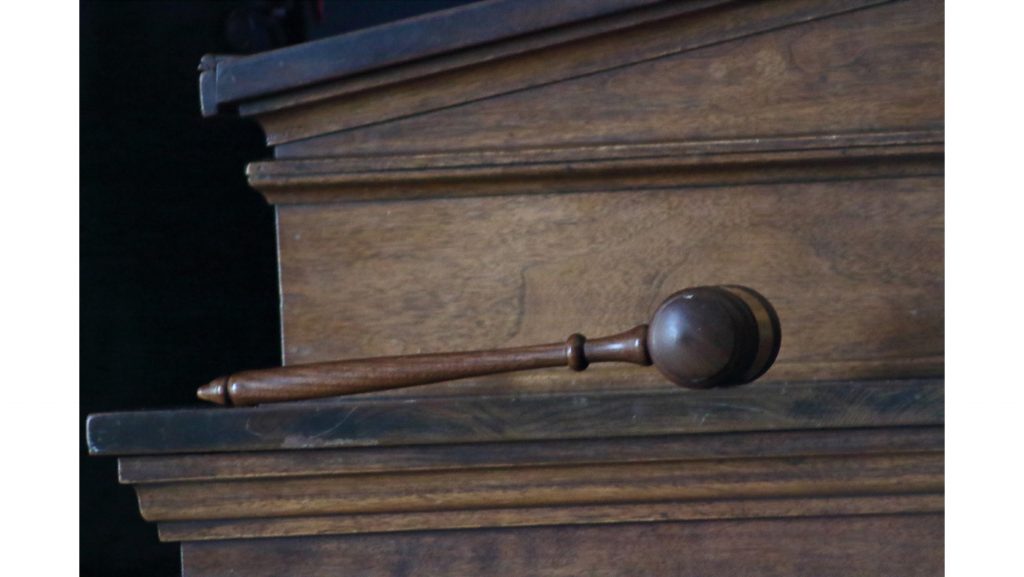In 2014, Iowa decided it made more economic sense to close the only state training school for girls in Toledo after the school was accused of unlawful restraining methods. The school could hold 12 girls. In order to qualify for the facility, girls had to have serious behavior issues, and a school such as Toledo is seen as a last-resort option for repeat juvenile offenders. A similar school for boys remains open in Eldora, Iowa.
Four years later, and girls still have no state-provided options. The goal of the juvenile criminal-justice system is and should be rehabilitation. With that in mind, it is important to understand that girls who commit serious crimes, or are repeat offenders, are typically considered a threat to their communities, meaning they are not and should not be eligible for community-based housing. These girls need structured programing such as those that were offered at Toledo. The lack of an accommodating facility for girls is unacceptable.
I interviewed Rachel Antonuccio, an attorney in the juvenile division of the Iowa City Public Defender’s Office, to learn more about the ramifications closing Toledo has for Iowa girls.
“If there is a scenario in which there aren’t any options for treatment for residential component to whatever the sentencing is, then, yeah, I think sometimes the court waives girls into adult court. You could see why a judge would reasonably do that,” Antonuccio said.
This means girls are sentenced to stay in an adult prison facility. Juveniles in these situations will be isolated from the rest of the prison population until they are 18; they will not be around their peers. Although the lack of a proper state training school for girls does not force judges to waive girls into adult court, it does open a door for a judge to rationalize doing so because there are no other high security, in-state options for girls with serious behavior issues.
It is easy to understand the state’s justification for closing Toledo. Not many girls commit serious crimes, which means not many girls qualify for a state training school. But a study done by the Iowa Department of Human Rights stipulated that 68 girls would qualify for a state training school such as Toledo.
“Girls are being treated disparately just based on the fact that girls don’t have an option, they don’t have a place to go,” Antonuccio said. “They are entitled to equal treatment under the law, they shouldn’t be treated differently just based on the fact that they are girls.”










